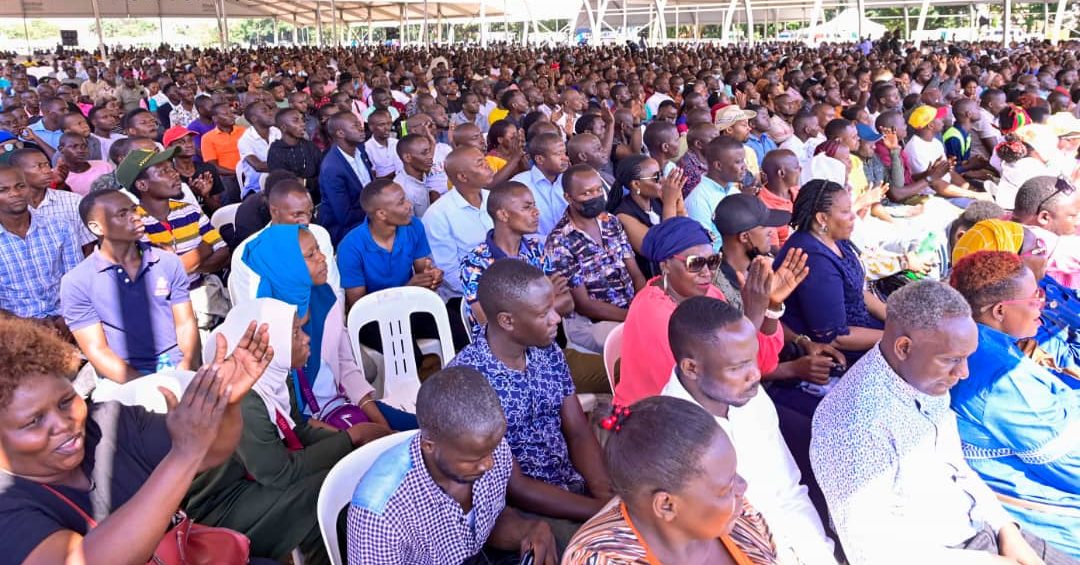
President Yoweri Kaguta Museveni has upheld the use of the Electronic Fiscal Receipting and Invoicing System (EFRIS) by traders, citing its importance to business transparency.
While addressing traders at the Kololo ceremonial grounds yesterday, the President said that EFRIS is not problematic, as earlier alleged by a section of traders.
“We should allow flexibility on the EFRIS machine; those who cannot afford to buy it should be allowed to use the smartphone option. I therefore direct the URA not to insist on the EFRIS machine. The people who cannot buy it should be allowed to use the cheaper option, and there should be no penalties for not buying it,” he said.
He also recognized concerns raised by traders including the cost of the internet, the inherent assumption of cash-based transactions, the cost of the machine, the issue of losses in the business, etcetera.
“I made some proposals at the meeting for further deliberation amongst the stakeholders,” the president clarified.
He further disclosed to traders that tax is essential for national development, hence the need to widen the scope of tax without hurting businesses.
“So, when I checked, I didn’t see a big danger if you were doing the right thing. Because it is not so much at each level, it brings more money to the government, and it protects our factories. Therefore, what you were saying about double taxation is not correct, and you don’t pay what the other has paid.
Speaking at the event, the Commissioner General of URA, John Rujoki Musinguzi, clarified to the traders that EFRIS reports on what has been sold. He added that the modes of payment for value-added tax are flexible for the taxpayer.
Museveni further tasked URA to sit with traders and come up with workable solutions before June 20th, 2024, when another meeting shall be held.
“The issue is not whether we should pay the tax but rather when we should pay it. I would love for URA to have flexibility. If you can pay cash, pay. If you can’t, pay later. What if the goods don’t get sold? What do we do?”
Musinguzi responded that there is an option of issuing a credit note, and that sale is cancelled.
Museveni continued, “So, I would like your leaders to sit down together with URA and fine-tune that part, and I can entertain you here on June 20th because that is where I see the trouble.”
Other directives issued by the President on EFRIS were for URA to refrain from issuing penalties or close businesses for failure to use EFRIS machines.
By Joshua Niyonshima and Kamugisha Kabahweza Allan






No Comments yet!